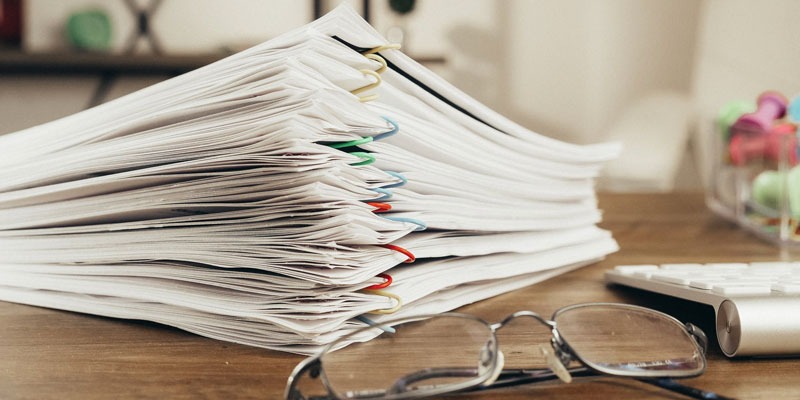As the saying goes, nothing worth having comes easy. This holds especially true when buying a home and obtaining a mortgage. While the prospect of turning the dream of homeownership into a reality is both exciting and rewarding, the journey itself can be long and arduous, especially as it pertains to required documentation.
Why are so many documents required?
Obtaining mortgage financing is a complex and comprehensive undertaking. In Canada, federally-registered banks, as well as trust and loan companies, must adhere to strict regulatory guidelines when evaluating a consumer’s borrowing capacity and determining the amount for which they qualify. As such, all information within a mortgage application, including records of financial, personal and credit history, must be thoroughly reviewed and validated.
This document-heavy process is designed to ensure responsible borrowing and stable homeownership while, at the same time, protecting the lending institution from possible liabilities associated with the loan. Best practices also provide protection against mortgage fraud and other criminal activities that may befall unsuspecting homebuyers by detecting possible red flags. Mortgage loan transaction due diligence allows lenders to properly and responsibly assess a buyer’s ability to not only qualify for a mortgage now, but also maintain it into the future. This is particularly important in today’s current environment where high house prices and low interest rates are the norm.
If you’ve submitted a mortgage application, it’s important to understand that your information is not being verified because you pose a perceived risk – it’s a matter of protecting you and your lender, as well as supporting the health and strength of the country’s financial system.
There are many things you need to get in order before submitting an application.
To reduce delays and avoid the risk of your application being declined, make sure you’re armed with the following documents and work with your mortgage agent to ensure nothing gets missed. Here’s a summary of what you’ll need:
- Verification of employment and income
- Current banking statements
- List of assets and liabilities
- Confirmation of down payment source and amount
- Real estate listing
- Purchase and sale agreement
- Appraisal report
- Property insurance
- Contact information for lawyer
- Estimates of monthly housing costs
For most people, purchasing a home is the single largest investment they’ll make in their lives, and getting there requires an extensive and prudent process. And when you turn the key and walk through the front door of your new home, you’ll realize it was all worthwhile.
Have questions about what documents you need to prepare for a mortgage approval? Answers are a call or email away!
